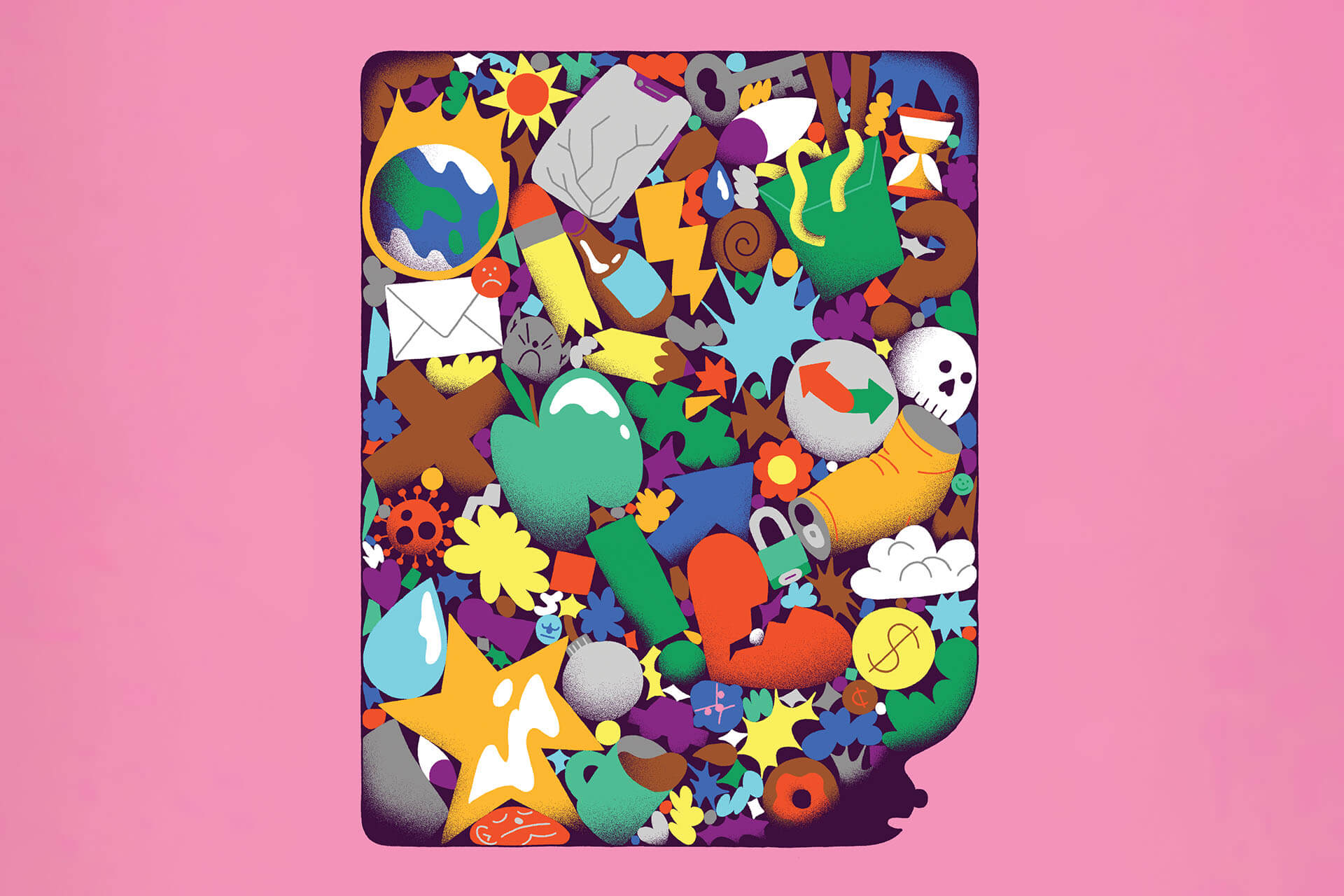Nov 15, 2023 Society
At first, it felt silly to pay money just to talk. One week’s fee is 70% of my rent, more than I spend on groceries. A couple of months in, it still feels silly, but tolerable: just another regular outgoing in a long list of expenses towards striving for a state of betterness, like getting an annual check-up, or buying all my little creams and serums so that I will look 25 when I’m 40.
I entered my adolescence in the golden era of therapy destigmatisation, when pop psychotherapy filtered through the algorithms of Tumblr and internet celebrities shared all to their adoring audiences. Rather than something to be ashamed of, therapy became normal mental hygiene — a treatment that worked the same way other medicines do. In my young mind, it became a silver bullet, a cure-all, applicable to any minor inconvenience that was adding friction to life, or mental illness lying in wait. Writing fanfiction as an early teen, I would put my characters through some awful trauma, and then fix things within a few paragraphs with the magic of therapy. It felt so realistic and grown up. More recently, TikTok videos featuring licensed psychotherapists trickled through my For You page, explaining common red flags in a relationship, or listing signs that you should see a therapist (often as benign as ‘feeling anxious at night’, which everyone does, right?).
There was no big event that spurred me finally to start therapy, other than the universal truth that living is hard and there were lots of things in my brain fighting each other constantly in a contest for attention. I occasionally listened to podcasts about psychotherapy, but there was something about the language that felt cold and alienating, not relatable and illuminating. Maybe I didn’t understand the point of understanding. But people seemed to love it enough to give up luxuries to afford to sit in a room and talk to a stranger for an hour. I wanted to know what it could do for me.
Finding a therapist was difficult. While there are portals and directories, sifting through them was like how I imagine finding a sperm donor would be, although at least therapists usually include headshots. The faces helped: I pictured myself sitting across from them, their Master’s degrees on the wall, a tasteful flower vase, an abstract landscape above the couch. Could I talk to this face? Could I cry in front of them?
Fortunately for whittling down but unfortunately for making a final choice, there were small things in each profile that put me off. One therapist whom I liked the look of said that they were open to treating unvaccinated patients. Another said that their office was a “safe space to laugh and cry”. The variety of acronyms, with no explanation, confused me. CBT? ACT? DBT? EFT? IRT? Were these psychotherapy techniques or political affiliations?
Of course, you can go through your GP and get a referral, especially if you aren’t in a financial position to pay, but I decided not to do that — first, because I could afford it, and secondly because I didn’t have much of a relationship with my GP. One of my friends had started to see a therapist, whom she recommended. I googled her name and saw on her TalkingWorks profile that she was not accepting any new clients. Fuck. So I did what I always do when faced with a hurdle — fired off a carefully written pleading email that essentially amounted to: I think you’ll find me interesting. Do you want to know more?
She did. Therapy came naturally to me. I’ve always been a talker, even though I’m also naturally shy — an overthinker who is always aware of where they stand in relation to other people in the room. During the first session, I found myself articulating things that were happening to me in a way I might for a character in a story. At the end, after we’d canvassed my childhood, my family, my friends, my work and everything in between, I asked, “So, what do you think? Do you think I need therapy?” My now-therapist said, “I would love to work with you.”
There are things about therapy that make me flinch, causing an immediate scrunch-face reaction. I struggle with the ‘psycho’ part of psychotherapy. In the first session, my therapist used terms like ‘shadow self’ and said she was really into what dreams reveal about our unconscious desires, which I have a healthy dose of scepticism about. A few sessions later, we were having a conversation about career paths and leadership, and she gave me a copy of Dare to Lead by Brené Brown, an American professor and author who does a lot of work on “courage, vulnerability, shame and empathy”. I got through half a chapter before being put off by its earnestness.
The most helpful thing about therapy so far is having someone to say whatever I like to, without holding back. My therapist doesn’t know the people in my life. I don’t feel guilty burdening her with my tiny pile of tissues. And it works the other way, too: she is not worried about hurting me by asking difficult questions. Potential hurt is expected. Recently, I DM’d my friend, who’s since moved overseas, that I was seeing her therapist. She said, “Don’t be surprised if it feels much worse before it starts to get better.”
At the beginning, my therapist told me it would be a journey, and that once I started to really dig in, I’d see the world differently. That hasn’t happened yet, but it’s starting to show in subtle ways. I’ve noticed my unhelpful thought patterns unfold slightly differently now she’s pointed them out and we’ve talked through why they happen. My problems are less intimidating because they’re voiced and have been cut into manageable pieces. They also now appear smaller to me because I’ve learned they’re experienced by so many others. I know we see ourselves as unique, but when my therapist says things like, “I’ve seen this over and over”, I don’t feel affronted, but cowed into comforting humility. I’m still going, dutifully, week after week, submitting myself to my own examination. I can’t see the end of the journey yet, but I guess it’s a little like flossing — it only helps if you do it regularly. I’ll just have to trust the process.






